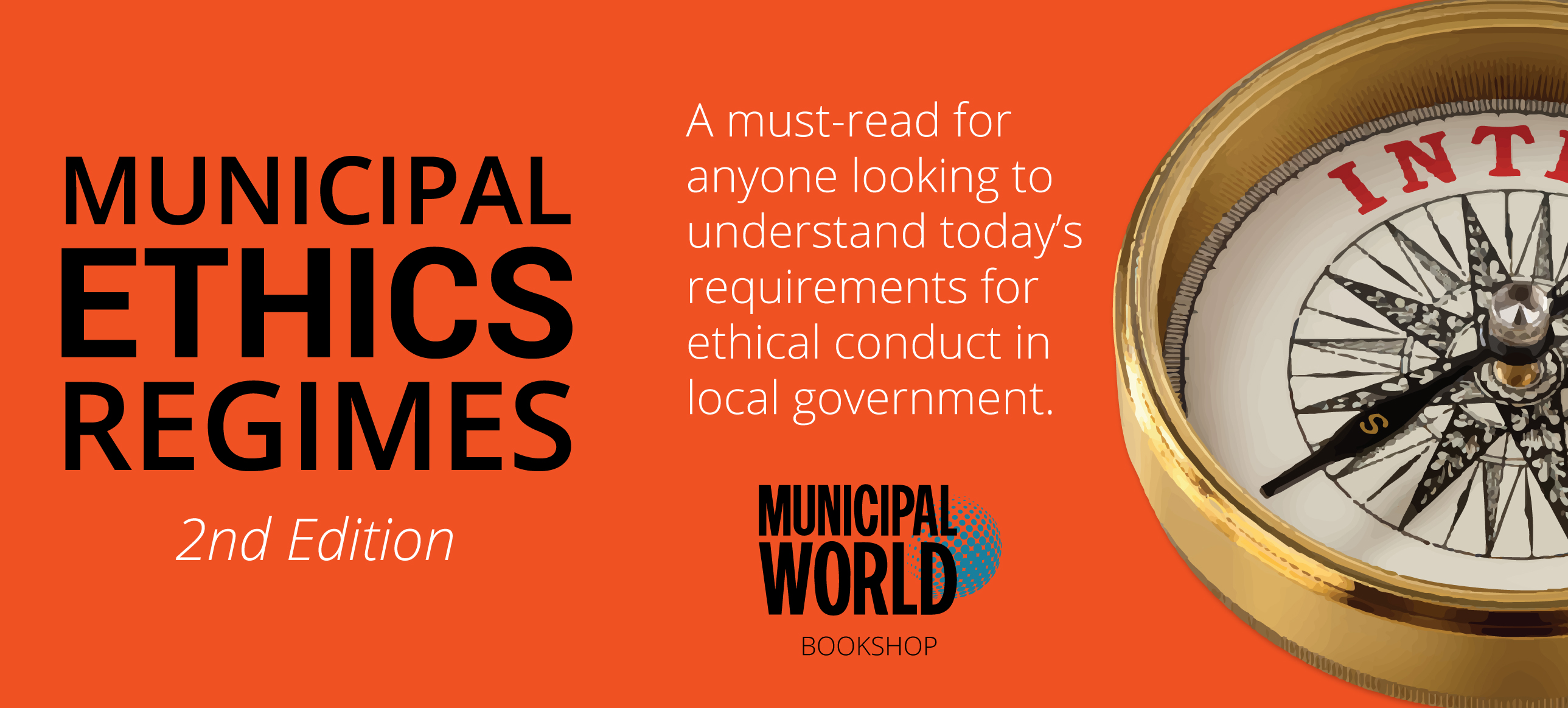Building a respectful, dignified municipal workplace

Seven simple ideologies that show employees just how valued they are
Many employers may believe developing a plan to actively protect your employees against harm from psychological hazards is a daunting task. However, if you simply start from a place of respect, dignity, and value for human beings (who, in this case, just happen to be your employees), you will be pleasantly surprised.
The following are seven simple ideologies for moving toward a respectful, dignified workplace.
1. Recognize
The first step is to open your eyes and ears. Talk to your employees. Ask them how they feel about their workplace, and if they feel that they have access to others and the support they need to succeed.
Observe your employees, their teamwork, and their interactions. Pay special attention to teams that function well and cooperatively. Take note of situations where communication is stifled or unwelcome. Recognize and assess the psychological hazards in your workplace so you may move forward.
2. Empathy
Empathy is the ability to experience and relate to the thoughts, emotions, and experiences of others. It seems natural that people would be more secure if they felt their peers understood them.
Most of us spend as much – or even more – time with our co-workers as we do our family and friends. Yet, the idea of outward displays of empathy to peers in the workplace seems foreign to some.
3. Offer and Encourage Mutual Support
It is important for employees to feel that there is support for the issues or concerns they bring forward. Employers should ensure that there is an “open door” philosophy in place: If an employee comes to you, be sure that you recognize and reward the employee’s trust in you by listening.
Employees need to be supportive of one another, as well, and need to be accessible to their co-workers. As much as management can lead the charge, employees need to recognize their own responsibility for their outcomes.
4. Empower
If you maintain that employees must also be responsible for creating a psychologically safe workplace, employers should empower them to rise. Employee engagement can be physical (through energy exerted), emotional (having a positive job outlook and being passionate about their work), or cognitive (devoting more attention to their work and being absorbed in their job).3
If employees are invested in their job as well as the goals and vision of the company, they will be invested in each other. The power to be an influencer over your own path, and that of your co-workers, is a shared responsibility that can result in trusted teams and a terrific workplace.
5. Responsibility
The term “responsibility” is affectionately used with municipal employers in mind. It is a great thing to be able to work with and for your neighbours. Municipalities can create psychologically healthy workplaces, from which principles and practices can flow into the community. Equip employees who deal with the public with the education and tools to educate others.
6. Work-Life Balance
The term “work-life balance” is not new. It is generally accepted that employees who have an appropriate ratio of work to family, friend, fun, and rest makes for a more happy and healthy employee.
The emergence of the call for psychologically safe and healthy workplaces has provided yet another reason why an appropriate work-life balance is required. Even in the best work environments, the demand and responsibilities of work can be stressful. It is important for employers to recognize that it is not only the body that needs an appropriate balance; it is also the mind.
7. Promote Respect in the Workplace
All employees have the right to work in an environment that respects the dignity, self-worth, and basic human rights of every individual. No individual should be expected to accept that they may encounter harassment, bullying, or conduct that is anything less than professional and respectful in the workplace.
Employees should feel safe. They should feel that their employer will stand against conduct that does not promote respect in the workplace. They should feel safe to go to their employer if they have a concern. They should feel safe that their employer will take the necessary steps to rectify the situation and make it right.
More than a Just Cliché
The movement for workplaces that are founded in respect and dignity for employees is well under way. It is the obligation of employers to provide a workplace that is free from harassment, discrimination, and violence. Moreover, it is the duty of employers to provide for a psychologically safe and healthy workplace.
It may sound cliché to say your employees are your most valuable asset – but it is cliché because it is true, and thus worth hearing one more time. MW
✯ Municipal World Insider and Executive Members: You might also be interested in the full version of this article or in Evert Akkerman’s article: Bridging the employee engagement gap. Note that you can now access the complete collection of past articles (and more) from your membership dashboard.
Darcy Michaud has been practising HR for 20 years, several of those serving as the Director of HR for the County of Huron. Darcy successfully started his own HR consulting firm, HRprimed.
Related resource materials:



